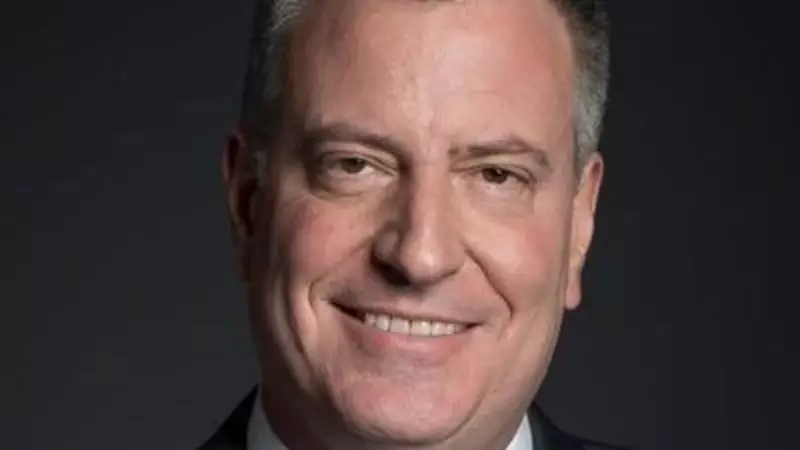
In a startling case of political impersonation, former New York City Mayor Bill de Blasio has been forced to publicly deny participating in an interview with The Times of London after an impostor posing as the politician spread fabricated quotes about New York State Assemblyman Zohran Mamdani.
The Elaborate Deception Unfolds
The controversy erupted when what appeared to be an authentic interview with de Blasio began circulating online, complete with inflammatory statements about Assemblyman Mamdani that the former mayor never made. The sophisticated scam included detailed quotes and commentary that seemed genuine to unsuspecting readers.
"This is completely fake," de Blasio stated emphatically in his response to the fraudulent publication. "I never gave this interview and the quotes attributed to me are entirely fabricated."
Targeting Political Figures
The fake interview specifically targeted Zohran Mamdani, a progressive Democratic Assemblyman representing parts of Queens. The impersonator used de Blasio's name to spread false narratives and potentially damage political relationships within New York's Democratic circles.
This incident highlights the growing sophistication of political misinformation campaigns, where perpetrators create convincing fake interviews to advance particular agendas or create division among political allies.
Media Integrity Under Threat
The use of The Times of London's name adds another layer of concern, as reputable media organizations increasingly find their brands exploited by bad actors seeking credibility for false content. This case demonstrates how easily trusted publication names can be hijacked to lend authority to completely fabricated stories.
Media analysts note that such incidents are becoming more common, with impersonators using various tactics to make fake interviews appear legitimate, including:
- Mimicking publication formatting and style
- Creating convincing fake bylines
- Using social media to amplify false content
- Timing releases to maximize political impact
The Aftermath and Response
De Blasio's quick response in calling out the fake interview helped contain the spread of misinformation, but the incident raises serious questions about verification processes in digital media consumption. Political figures and media organizations alike are now facing increasingly sophisticated attempts to manipulate public perception through fabricated content.
This case serves as a stark reminder for readers to verify information through multiple sources and for public figures to maintain vigilance against impersonation attempts that could damage their reputations and relationships.





